Greg Homann, artistic director of the Market Theatre Foundation, is a powerhouse in South African theatre. With a stellar record as a director, dramaturg, and playwright, he has been a guiding light for many in the theatre world. He's not just influential in the industry – he's a trendsetter. His productions have been showered with awards including 12 Naledi Theatre Awards, among them Best New South African Play and two for Best Cutting-edge Production. In 2014 he was bestowed with the prestigious Standard Bank Young Artist Award. His impact on contemporary South African theatre is nothing short of legendary. His latest play that he has directed, The Brothers, Number One and a Weekend Special, explores the dangerous world of politics and personal gain at the Market Theatre from Sat, Apr 20 – Sun, May 12.
What has surprised you the most as the Market Theatre Foundation's artistic director?
I've always known that South African theatre-makers are resilient and that we are a community that makes miracles, often with limited financial means. What has surprised me is the depth and resourcefulness of this resilience. Of course, I hope to use my time as artistic director to allow more time and money for theatre-makers so they don't need to spend as much energy being resourceful and can rather focus on making brilliant work.
"A new wave of South African theatre-makers are less preoccupied with race and the past, and more concerned with the now and making a path for the future."
The Market Theatre has a mighty historic reputation. How do you balance this with your artistic vision?
The Market Theatre's impressive history is a source of huge inspiration that fuels the artistic vision I am trying to deliver. The space's identity is so clearly defined as a place where the South African story is told, along with all the struggles, challenges, hopes, difficulties, and joy that come with where we live and how. In that way, the reputation guides me quite vividly – The Market Theatre is home to the very best of new South African theatre. In essence, my job is to build on that reputation while creating a path for artists to use this remarkable space to respond to and reflect on our contemporary lives, and to consider that in relation to the rest of the continent and beyond.
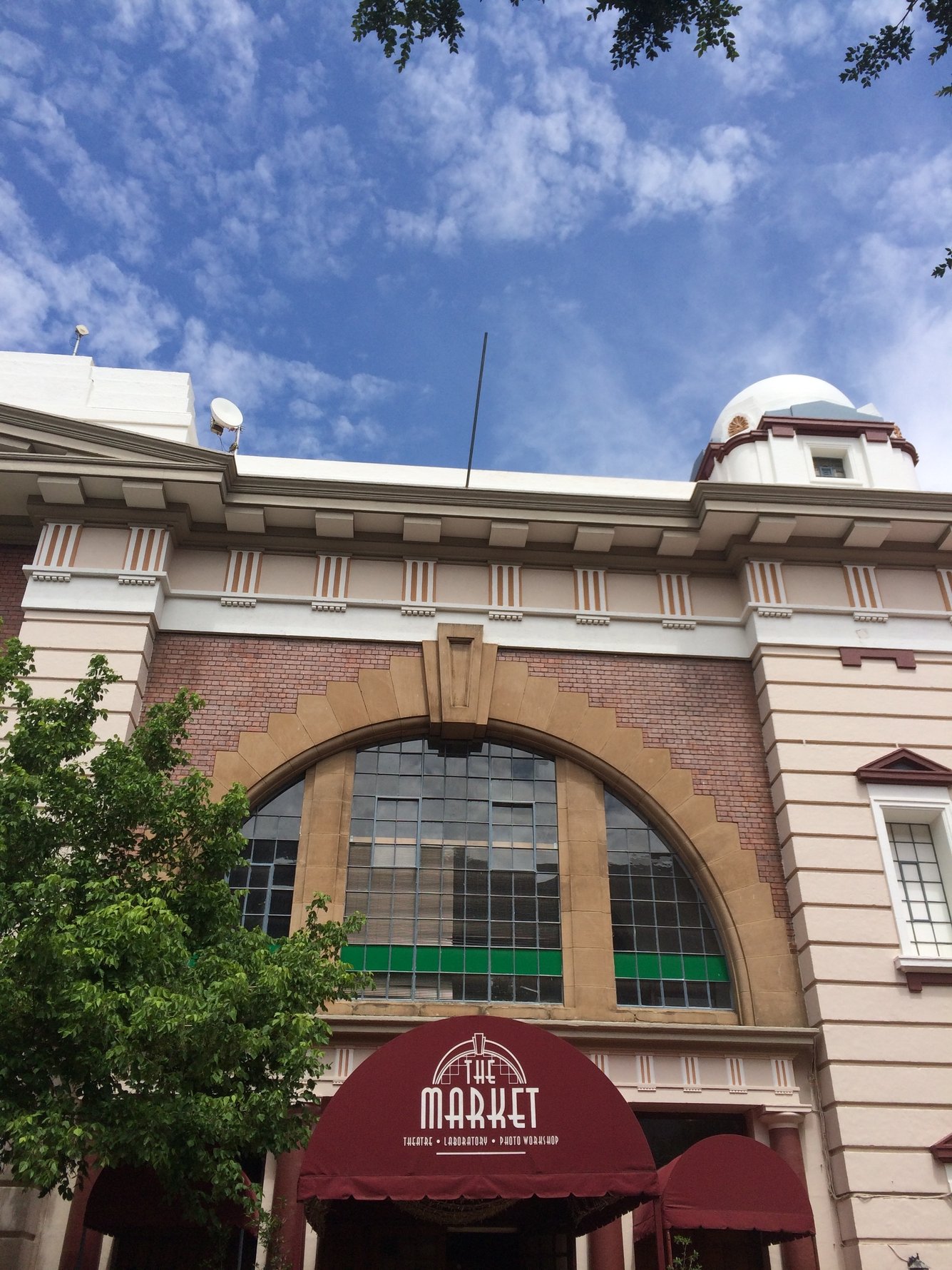
What trends or emerging genres are you seeing in Johannesburg's theatre scene?
There is a brilliant group of early- to mid-career Joburg theatre-makers determined to tell the stories of what it's like living in Joburg today. These are stories of sexuality, gender, love, hope, and survival. They are well-positioned to tell these with great craft and skill. I see a trend moving in that direction; a new wave of South African theatre-makers that are less preoccupied with race and the past, and more concerned with the now and making a path for the future.
What's your take on theatregoers in Joburg; what do they expect when they seek out this form of entertainment?
Firstly, there are many 'Joburgs' in the place we call this city. So theatregoers are varied in what they expect and want from a visit to the theatre. I know that some are looking for escapism and distraction from daily strain, while others see the theatre as a space of reflection. In the purest sense of what theatre offers, it's a place of seeing ourselves and being moved or intellectually stimulated. I know we need more love stories on our stages, alongside comedy that playfully pushes and prods at us. I suppose one unifying idea that sits with me is that generally speaking, we have this thing in Joburg that comes from our troubled history – if the people on the stage don't look and sound like us, then it is not about us. Theatre, though, is a medium of metaphor and allegory. So although I believe theatregoers have been led to this false idea, if they venture into new or unfamiliar spaces, they are certain to discover something fresh about themselves.
"If you love the city for its contradiction, energy, hustle, hidden gems, and purple streets in October, then you're a Joburger."
Accessibility has always been a challenge for theatre. What can ensure inclusivity and diversity in both productions and audiences?
This is a huge question and one that we grapple with every day at The Market Theatre Foundation. In terms of access due to ticket price, last year we went through a lengthy process to benchmark our tickets off other theatres across the country. We now offer a range of ticket deals from as little as R100 to R250 to allow people to see theatre at as competitive and affordable a price as possible. When someone reaches out to us to say they want to see a show, but it is simply beyond their financial means, we always look at what we can do to not turn someone away.
Our buildings are well equipped for disability needs, including having two permanent ushers and a box office that can communicate via sign language. Then there is the inclusivity of artists' access to the space and opportunity. I am very proud that The Market's legacy is grounded in broad access to artists and audiences, and is championed by the activities across all four units under the Foundation: The Market Theatre, The Market Theatre Laboratory, The Market Photo Workshop, and, more recently, the programmes we have at The Windybrow Arts Centre in Doornfontein.
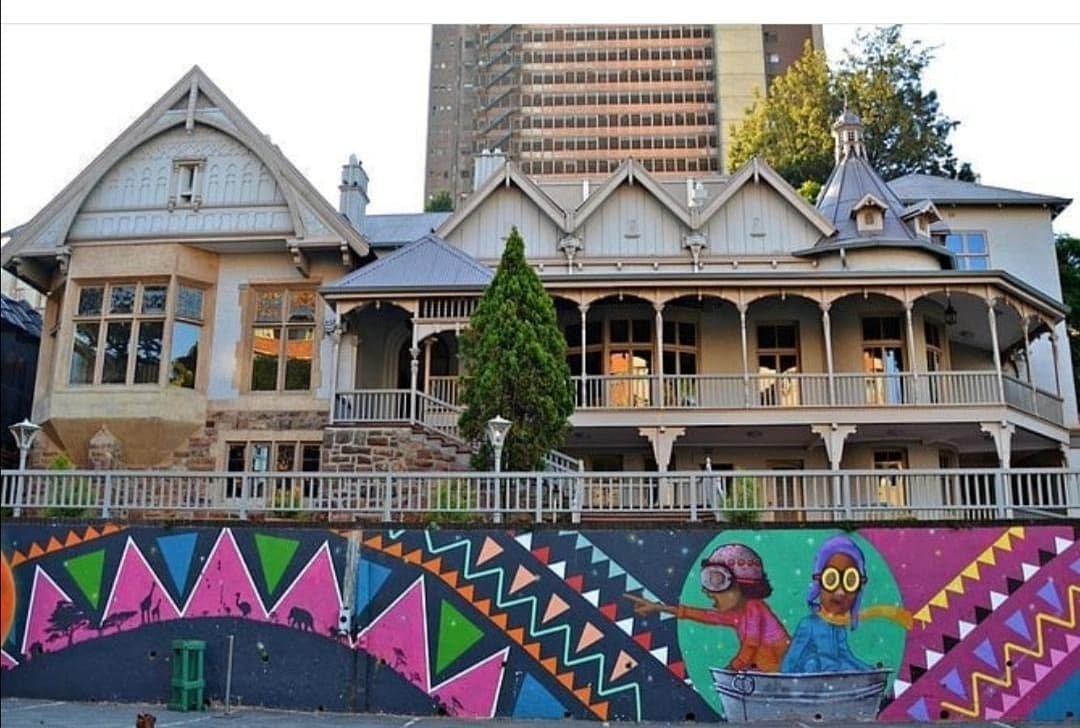
Last year I announced the use of Kippies (the smaller venue outside the main theatre) as a dedicated 50-seater fringe venue which gives artists a space to test, experiment, showcase, and develop their work. We also invest significant time, money, and resources into developing new work, artists, and community-based projects. The most public interfacing project, though, is the diversity of our programming. It is my job to curate experiences across our spaces that are varied and reflect the diversity of our country. This includes programming in different languages, styles, and forms, as much as it includes varied themes and subject matter. I love that we have three theatres in our historic building, a fringe venue, multiple gallery spaces, a beautiful 170-seater theatre across the road, and many rehearsal spaces, all to programme and use diversely.
As someone who went through Wits School of Arts and AFDA film school in Johannesburg, how would you describe the current landscape of theatre education in the city?
Good question. Last week I sat with a respected businessman who invests regularly in the arts and a few fellow high-level arts practitioners from the theatre, film, TV, and music sectors. I was saying that one of the things that we have to shift is a consciousness of how art plays a role in our everyday lives. This starts from a young age, where perceptions around the value (or not) of art are nurtured and grown. In short, more art education and the role it plays in a thriving society is desperately needed... The combination of poor awareness at schools and the dissolving of adequate training beyond will lead us to be a nation that can't imagine, think critically, or feel empathetically. This is the role of art and storytelling.
What is a surprising thing people might learn about Joburg by having a conversation with you?
That Johannesburg is a sister city to Birmingham in the UK, which happens to be where I have a second home with my life partner of 10 years [sister cities are city-to-city arrangements that create co-operative relationships for mutual benefit. Johannesburg's five sister cities are Addis Ababa, Windhoek, Birmingham, London, and New York].
Home is...
Many places all at once.
Your favourite Joburg suburb, and why you choose it?
Killarney. It's where I have chosen to live for most of my adult life. I love the sense of community, the parklife I can see from my balcony, and the diversity across age, race, religion, and sexuality. Plus it's less than 15 minutes away from The Market Theatre.
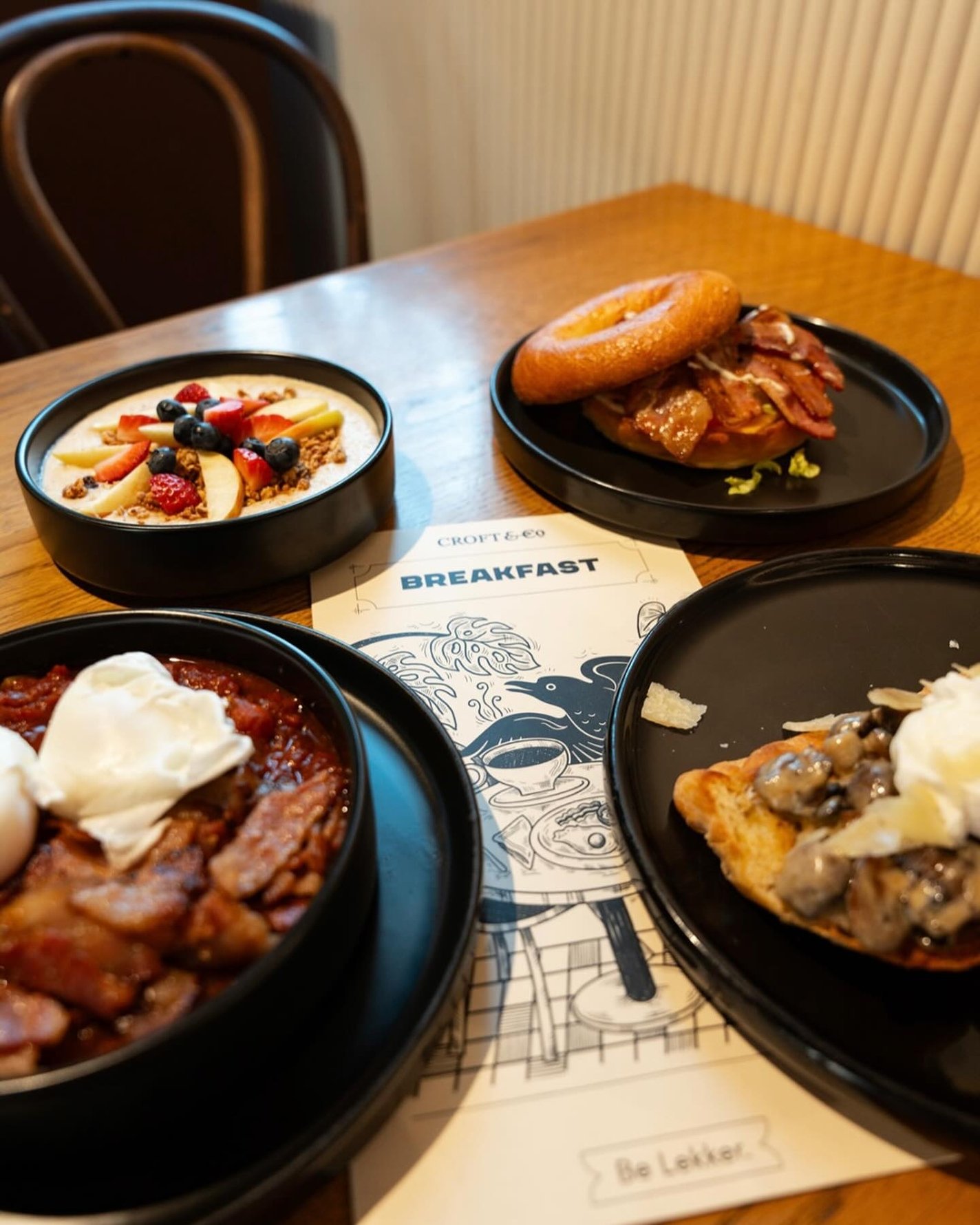
The most memorable meal you have eaten in Joburg?
A well-kept secret is that Joburg restaurants and cafés do great breakfasts. I often steal early-morning mushrooms on toast at Croft & Co. in Parkview. They are open just after 06:00.
As someone who studied architecture for two years, what is your favourite Joburg building and why?
Wow! You've done your research. I enjoy the Circa Gallery in Rosebank – it's a wonderfully fresh and dynamic little building.
If you were the Joburg mayor for one day (average tenure) what would you change?
Lol! I'd give every resident a book of six vouchers that can be redeemed across the year for theatre tickets at any theatre in the city.
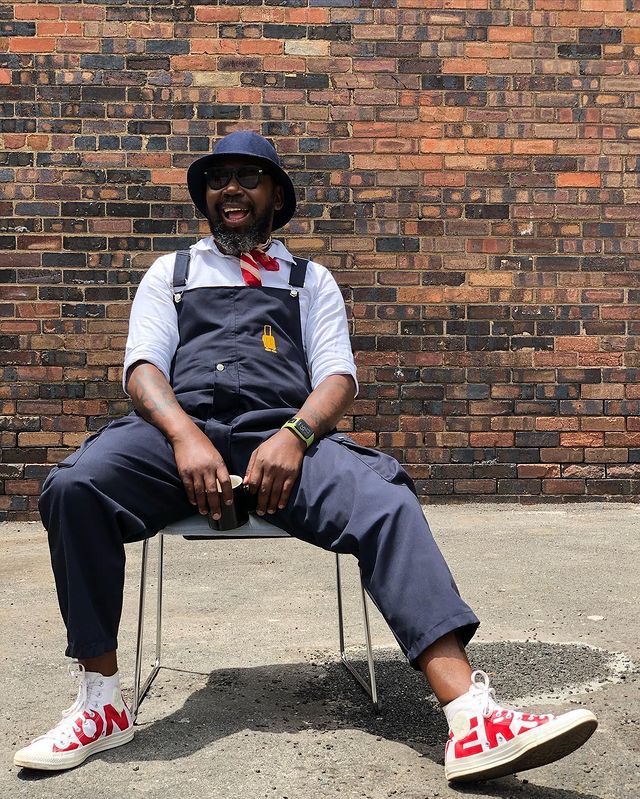
Favourite Joburg label, and why?
SeenPha created by playwright and artist, Jefferson Tshabalala. The label draws inspiration from local culture and fashion. The clothing is playful, gender-neutral, and uniquely "Joburg".
What makes someone a Joburger?
If you love the city for its contradiction, energy, hustle, hidden gems, and purple streets in October, then you're a Joburger.
Best Joburg read?
The Institute for Creative Dying by Jarred Thompson. It is set in the suburb I grew up in, Northcliff [Thompson is a literary studies researcher and educator whose poetry, fiction, and non-fiction have been published in various journals. He is a previous winner of the Afritondo Short Story Award].
A song that reminds you of Joburg?
Grazing in the Grass performed by Hugh Masekela.
What do you love most about Joburg?
How friendly it is, despite the challenges.
What do you least like about Joburg?
Its inequality.
Your number-one tip for a first-time visitor to Joburg?
Find a Joburger to show you around – you're going to love it!
Three words that describe this city
Dynamic. Contradictory. Edgy.
Check out some of our previous #MyJoburg interviews for more insights into the city:
#MyJoburg with Gabrielle Onay, co-founder of Picnic&Thrift
#MyJoburg with Boemo Diale, artist
#MyJoburg with Elroy Fillis-Bell, CEO of Joburg Ballet


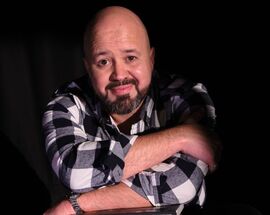
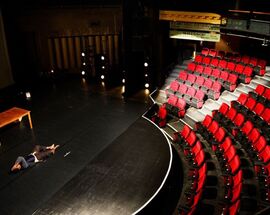
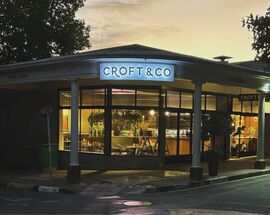


Comments